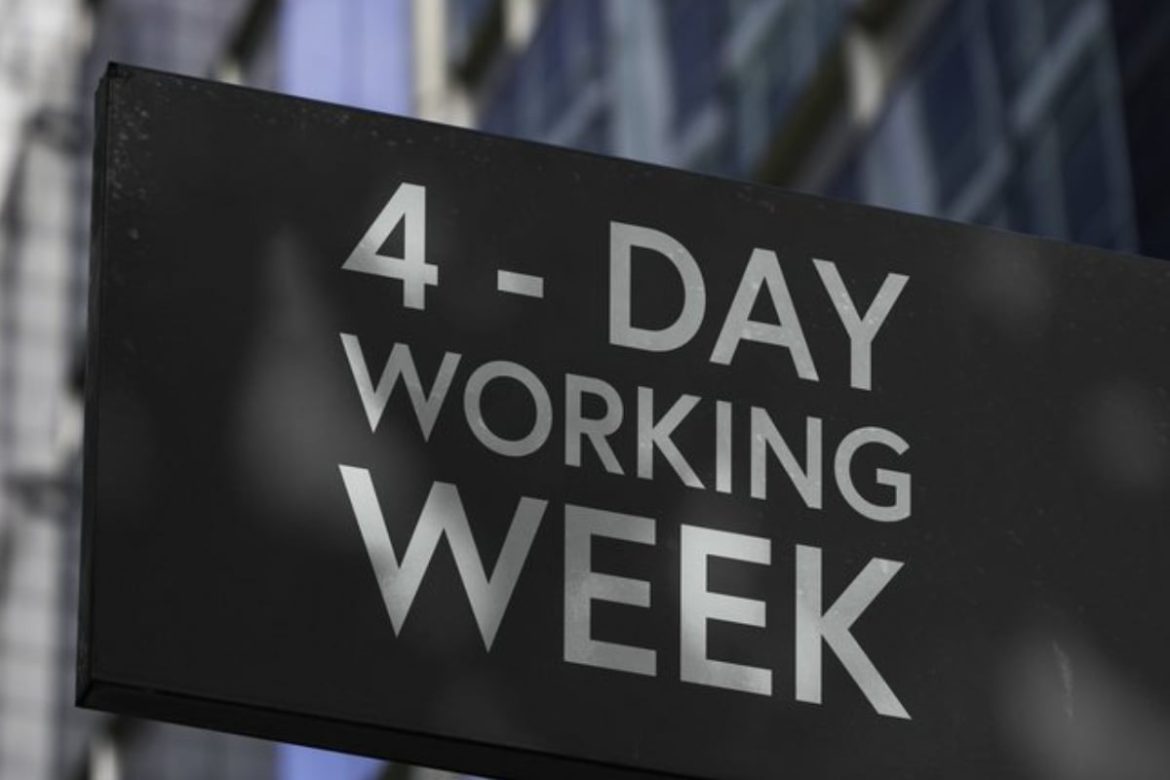The Dubai government has announced a new initiative to implement a flexible 4-day work week for public sector employees during the summer of 2025.
This Dubai 4 Day Work Week program will be effective from July 1st to September 12th, 2025, and aims to enhance employee well-being, boost productivity, and optimize government resource management.
According to the Human Resources Department, the new system is part of the UAE’s broader strategy to promote a better work-life balance and support public sector efficiency. The move is also expected to reduce burnout and improve mental health among government workers, particularly during the intense summer heat.
Under the new UAE summer work schedule, government employees will be divided into two groups to ensure continuous service delivery while benefiting from extended rest periods.
Group 1 will work from Monday to Thursday, 8 hours each day, with full days off on Friday, Saturday, and Sunday.
Group 2 will work 7 hours from Monday to Thursday and a half-day on Friday, enjoying Saturday and Sunday off. This setup ensures that all departments can remain operational while staff members enjoy greater personal time and flexibility.
This move is not without precedent. In 2024, Dubai conducted a successful pilot program with a similar 4-day schedule, gathering employee feedback and tracking performance metrics.
Dubai had previously tested this system in 2024 through a pilot program. The results were so positive that the model is now being expanded. For a detailed overview of the earlier announcement in Urdu, read the full report here.
The outcome was overwhelmingly positive, leading to the full-scale rollout in 2025. Employee surveys showed increased job satisfaction and improved team collaboration, validating the government’s decision.
Director General of the Human Resources Department, Abdullah Al Faisal, commented that the primary objective of the Dubai 4 Day Work Week is to elevate the quality of life for employees, ensure a healthier work-life balance, and encourage smart use of government assets. He emphasized that this initiative reflects Dubai’s commitment to progressive governance and innovation in public administration.
The new policy aligns with trends seen both locally and internationally. The Sharjah government implemented a similar 3-day weekend UAE model in 2022, becoming one of the first in the region to do so. Similarly, the UAE federal government adopted a 4.5-day workweek starting in January 2022.
Globally, countries like the United Kingdom have experimented with shorter work weeks. In a landmark 2022 trial, 56 out of 61 UK companies that tested a 4-day work model chose to make it permanent due to its proven benefits in employee productivity, morale, and retention.
As Dubai moves forward with its own version of the model, experts believe it could set a precedent for broader implementation across the UAE and possibly the private sector as well. This shift could redefine how work is structured in the region, prioritizing employee wellness in the UAE without compromising service quality or efficiency.















